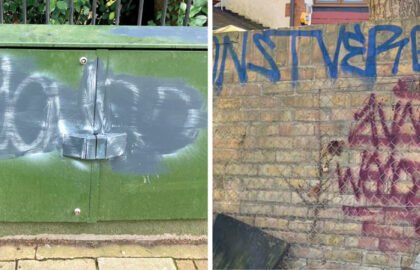Conveyancing is a vital part of the process of buying or selling a property. Here, Debra Rose from Wiseman Lee Solicitors explains the steps and why it is important to choose a professional to do the job
Conveyancing refers to the legal work that is carried out when ownership of a property is transferred. Most conveyancing is carried out professionally, but sometimes, buyers and sellers ask whether it is possible to do it themselves.
Conveyancing without the use of professional help is risky because you may not be protected in the event you miss something which could have been revealed by conveyancers, meaning your property is not worth the purchase price. The other party to the transaction may demand you use a professional for the transfer of funds to ensure the appropriate money laundering checks are carried out and they have the protection afforded by the Law Society’s Completion Code. Additionally, many mortgage lenders will require you use a conveyancer to protect their investment.
Once you decide you want to buy or sell, you will need to instruct a conveyancer. The estate agent will prepare a memorandum confirming the terms of the sale, which will be sent to the person representing you. This includes the party’s details, the price and any special conditions, such as other items being included in the price. The sale is not legally binding until the contracts are formally exchanged.
The seller’s representative sends the contract pack to the buyer. This contains copies of the title to the property, questionnaires completed by the sellers about the property and the contract itself. Upon receipt of the contract pack, your conveyancer will then undertake a series of searches with the local authority and other agencies to find out if there are any issues that could affect the property. Searches such as planning, environmental and drainage and water are carried out in almost all transactions. Depending on where your property is located, it may also be necessary to conduct other searches. If you are happy to proceed, contracts are exchanged and the completion date is fixed. At this stage, the sale is legally binding to complete on the agreed date.
Your conveyancer undertakes the post-exchange work in anticipation of completion, which involves reporting to your lender to ensure mortgage funds are available for completion. Conveyancers on both sides produce completion statements which show all payments made and received and request any further monies required for the purchase to complete. The conveyancer will undertake final searches and on the day of completion sends the purchase money to the seller.
Once the seller’s conveyancer receives the funds, they will confirm completion and the agent will release the keys to you. Your conveyancer will then deal with the registration formalities and you will be sent a copy of the Land Registry entries that confirm your ownership.




